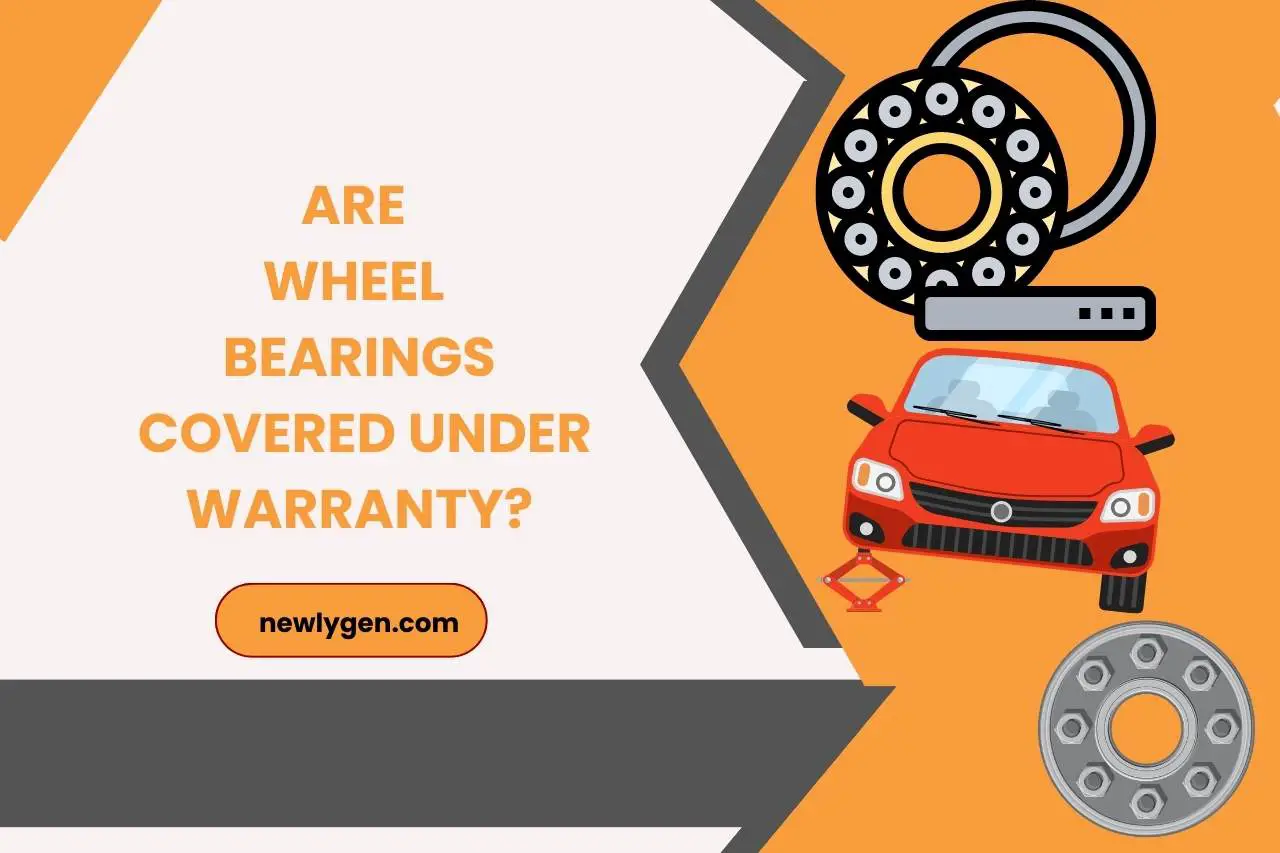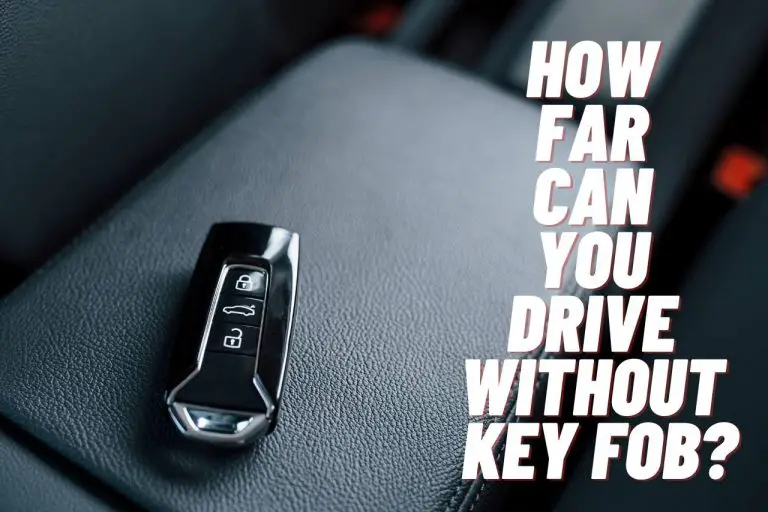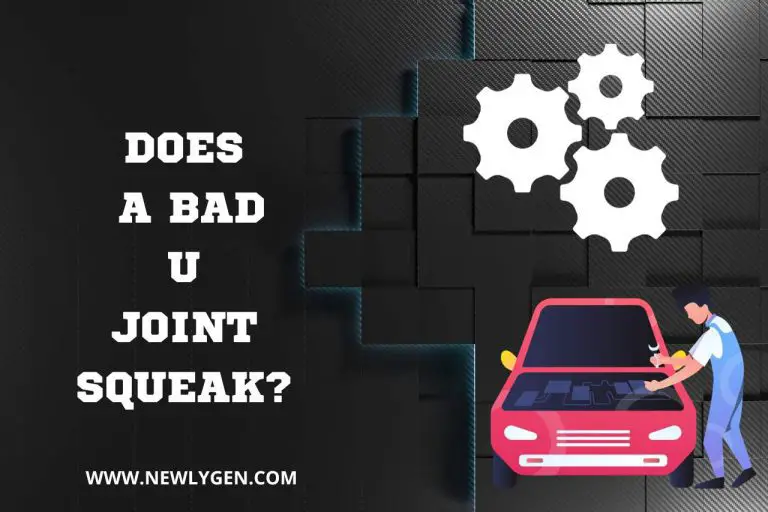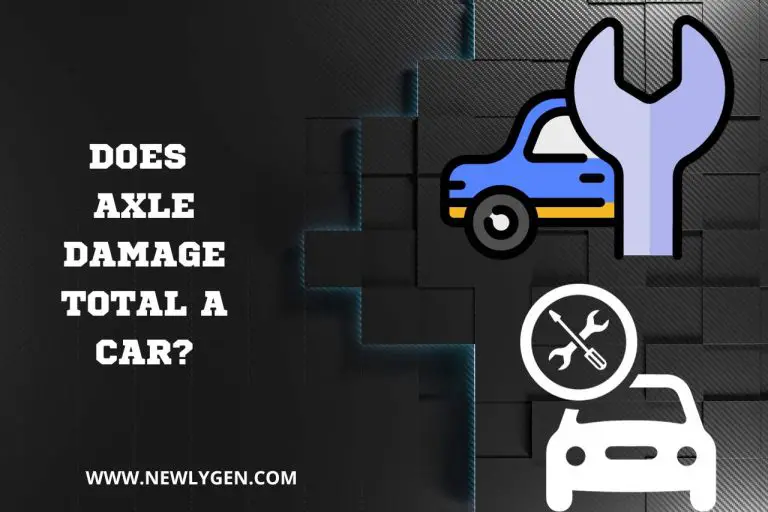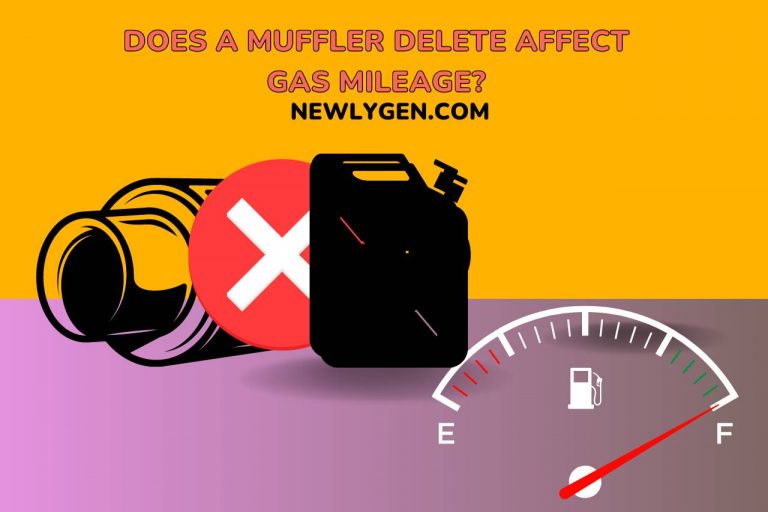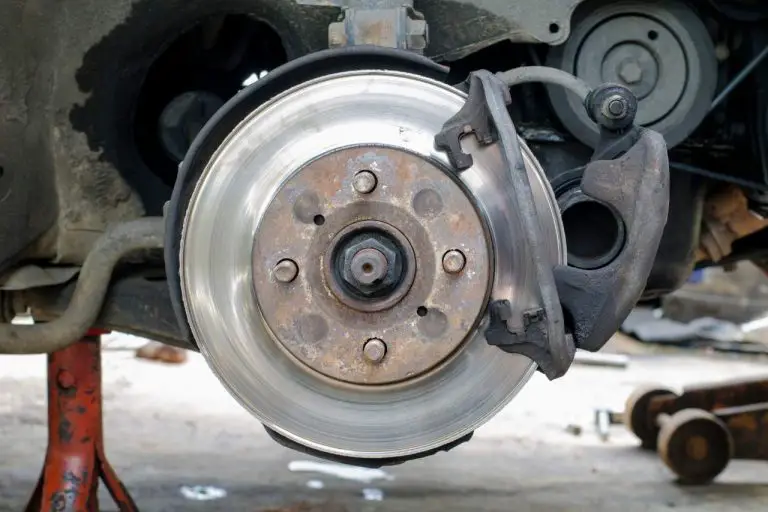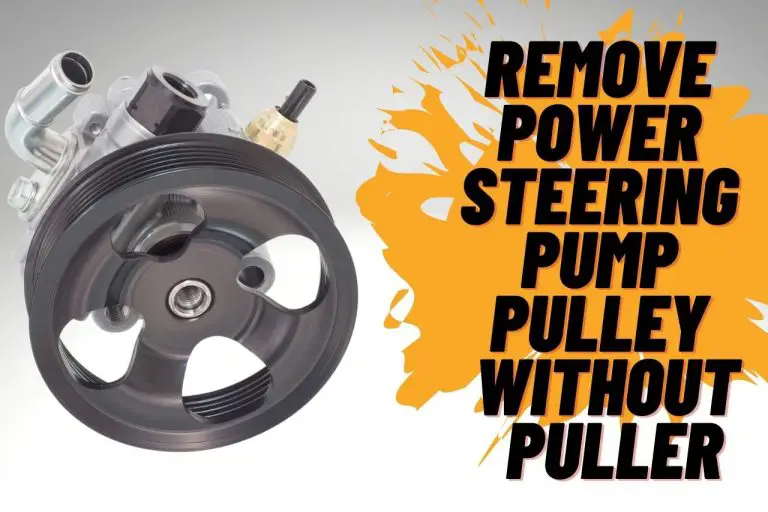Are Wheel Bearings Covered Under Warranty? Navigating Warranty Claims!
are wheel bearings covered under warranty? It is important to confirm what is truly covered by the vehicle warranty before finalizing a car purchase. While most warranties include coverage for repairs to the engine and transmission, some parts may be excluded from the protection plan. The wheel bearing is one such element. It’s important to understand the warranty details and learn when a wheel bearing needs to be replaced. This article will explain what wheel bearings are, the many types of warranties that may apply to them, and how to tell whether they need to be replaced. Regardless of the guarantee, it will let you know what to do if a wheel bearing needs to be repaired. With this information, you can decide how to proceed if wheel-bearing-related repairs are required.
What Are Wheel Bearings and Why Are They Important?
Every motor vehicle, including motorcycles, RVs, and cars, needs wheel bearings. They consist of an inside race and an outside race as the two main parts, which are joined by a string of hardened steel ball bearings and fixed in place by a central cage filled with heat-resistant grease for reducing friction.
They provide wheel speed control through the resistance of the ball bearings and let the wheels move freely around the axle to reduce torque and stress on the wheel. As a result of the wheel’s ability to turn or move swiftly and smoothly without them as well as the fact, speeding would be nearly impossible without them.
Wheel bearings are also crucial to maintaining the stability of the vehicle. Wheel bearings must be regularly checked and maintained to continue functioning properly and safely.
They should be replaced immediately to ensure driving safety because they may become damaged, faulty, or worn out over time.
How Long are Wheel Bearings Guaranteed?
It’s important to know the guaranteed details while choosing wheel bearings. For OEM ‘original equipment manufacturer’ bearings, the warranty usually covers three years or 36,000 miles, whichever comes first.
The warranty is one year or 12,000 miles. Since many high-quality aftermarket components come with lifetime warranties, so many repair companies favor them.
It is important to examine the manufacturer’s warranty policy if a bearing fails during the warranty term. Many manufacturers provide lifetime warranties or free replacement parts, as with aftermarket bearings.
The manufacturer’s website normally provides information about warranties. It is a good idea to spend some time there before purchasing.
The warranty is important because it guarantees longer-term protection for customers. Longer warranties on wheel bearings are a smart investment because they assure that the customer will have a safe product for a longer time.
It is important to note that trusted manufacturers normally offer longer warranties on their items. So be sure always properly to study the product and company.
Does the Manufacturer’s Warranty Cover Wheel Bearings?
Wheel bearing warranty coverage could differ based on the conditions specified by the manufacturer. Wheel bearings are essential to a vehicle’s drivetrain but are subject to wear and damage over time.
Depending on the warranty’s duration and the malfunction’s root cause, they may or may not be covered. For a set amount of time, manufacturer’s warranties typically protect defects in the materials or workmanship.
The manufacturer may cover replacement or repair costs if the wheel bearings fail due to a manufacturing defect during this time.
The breakdown might not be covered due to ordinary wear and tear. The warranty terms and conditions should be carefully reviewed to determine whether wheel bearings are specifically mentioned.
Additional coverage could be provided via service contracts or extended warranties. Refer to the owner’s handbook or speak with the manufacturer directly for accurate information.
Are Wheel Bearings Considered Wear and Tear Items?
Wheel bearings are considered to be vehicle wear and tear parts. Wear and tear describe the progressive degradation of parts based on repeated use over time.
Wheel bearings reduce friction between the wheel hub and axle, resulting in easy wheel rotation. They maintain the vehicle’s weight and survive different road conditions while being constantly stressed, heated, and abrasive.
Wheel bearings deteriorate naturally over time as a result. Their durability may be impacted by distance traveled, road conditions, and maintenance procedures.
The ongoing wear may cause the surfaces of the bearings to deteriorate, which may result in noise, vibration, and poor performance. Worn wheel bearings can lead to more serious harm to other parts, like the hub or axle if they are not changed immediately.
Monitoring and replacing wheel bearings should be done as part of routine maintenance to guarantee the vehicle works safely and effectively. Wheel bearings will eventually deteriorate, but regular maintenance can help increase their lifespan and reduce the chance that they will fail while you’re driving.
Are Wheel Bearings Covered Under the Vehicle’s Basic Warranty?
Depending on the exact terms and circumstances of the warranty supplied by the manufacturer, wheel bearings may or may not be covered under a vehicle’s basic warranty.
Basic warranties normally cover flaws in the materials or workmanship for a specified number of miles or times. Wheel bearings are considered wear and tear items but are normal maintenance items and may not be covered.
It is important to check the warranty paperwork or contact the manufacturer or dealership to determine whether the standard warranty, a different warranty, or an extended coverage plan covers wheel bearings.
Is There a Separate Warranty for Wheel Bearings?
Wheel bearings may or may not have a separate warrant, depending on the manufacturer and the specific warranty terms they provide.
The standard warranty of the car, which usually covers flaws in materials or workmanship, may, in some situations, cover wheel bearings. Wheel bearings are recognized as components that may need replacement due to wear and tear; hence some manufacturers may provide a unique guarantee that is just applicable to them.
It is essential to check the warranty paperwork the manufacturer gave or talk with the dealership to find out whether wheel bearings are covered by a separate warranty or the standard guarantee for the vehicle.
Are Wheel Bearings Covered Under the Powertrain Warranty?
The specific conditions and situations the manufacturer provides will determine whether wheel bearings are covered under the powertrain warranty. The engine, gearbox, and drivetrain are some of the most important parts of the engine system.
The powertrain warranty normally covers that. Wheel bearings largely maintain and enable wheel rotation, so they are not a direct component of the powertrain system.
Therefore, Wheel bearings are unlikely to be covered by the powertrain warranty. To learn the specifics of wheel bearing coverage under the powertrain warranty, contact the manufacturer’s warranty paperwork or the dealership.
Are Wheel Bearings Expensive?
The price of wheel bearings can vary based on several variables, including the brand and model of the vehicle, the bearing quality, and the store where they are purchased. A single-wheel bearing can often range from $50 to $200 or more.
If the car owner chooses not to repair the bearings, installation fees could also be charged. It’s important to remember replacing wheel bearings requires accuracy and should only be done by trained mechanics, even if the price of wheel bearings may appear high.
It is essential to fix any worn or broken bearings immediately to guarantee a vehicle’s safe and dependable running.
You May Also Like

